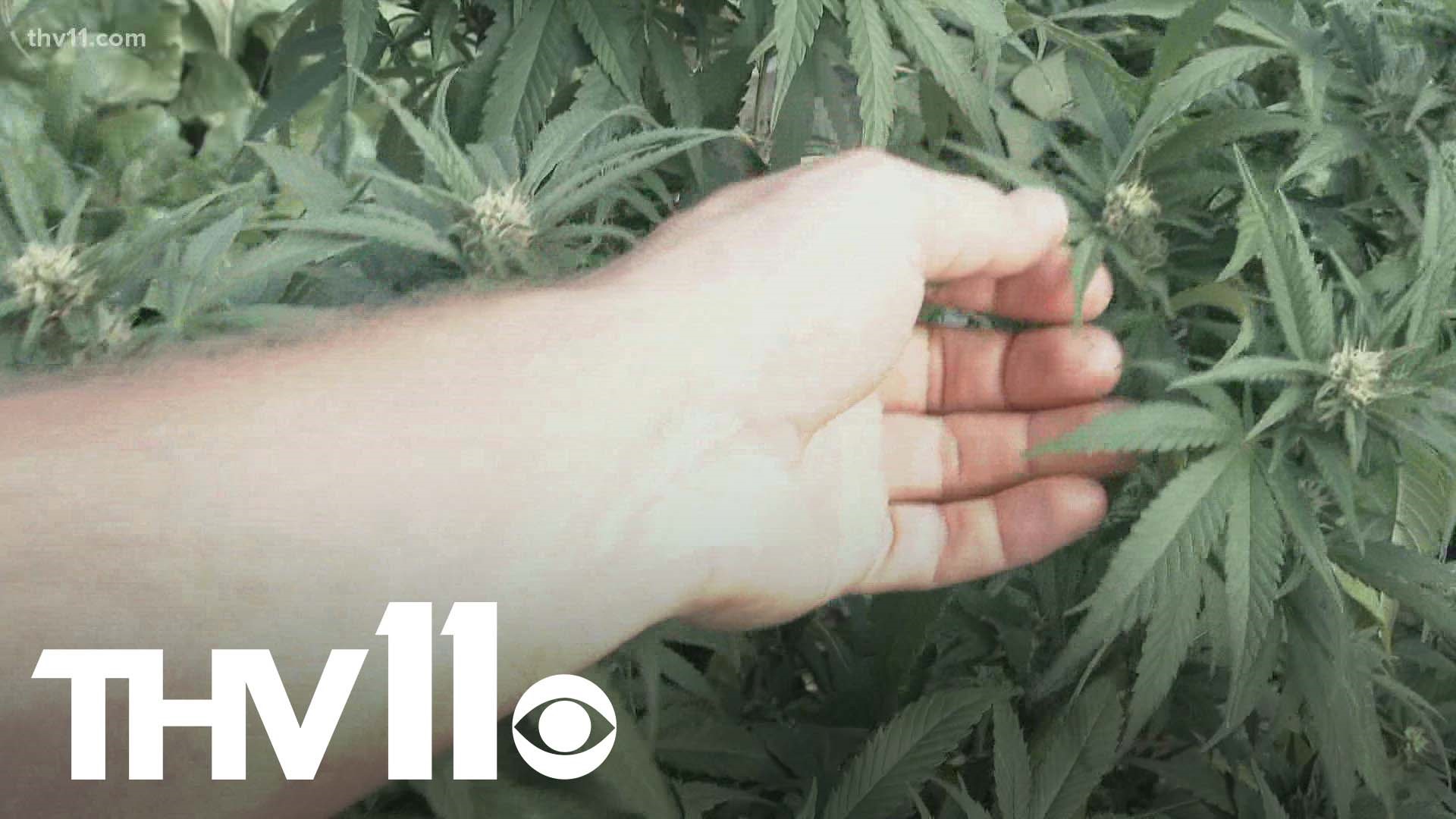LITTLE ROCK, Ark. — President Joe Biden officially pardoned thousands with prior marijuana convictions on Thursday, and since then, advocates in Arkansas have been pushing for more.
"That millions of people can't vote, millions of people can't go to work, millions of people can't get government assistance," Law Professor, André Douglas Pond Cummings, said.
Years of waiting have all led to Thursday's announcement for Cummings.
As co-director of the Center for Racial Justice and Criminal Justice Reform at UALR's William H. Bowen School of Law, he's seen firsthand the issue that can come from marijuana convictions.
"Why are we treating some of our citizens as if they're disposable?" Cummings said. "This is the first step in the right direction, we begin by declassifying marijuana as a Schedule 1 drug."
President Biden pardoned 6,500 and also called for a change in the severity of marijuana. It has been considered the same as drugs like cocaine, LSD, and heroin.
"Which we know now through research and use statistics that it's just not as significant or serious as those harder drugs," Cummings added.
Melissa Fults with Arkansas NORML, an organization that focuses on marijuana legislation and expungement, has also worked extensively with those with past convictions.
"Somebody has actually done something, and I couldn't be more thrilled," she said.
While excited, she explained that there's still more that could be done, as prior charges can hang over the heads of those with convictions.
"They still have that on their records. when they go to apply to get a house or to rent, guess what?" she said. "They got to put that they have a felony."
President Biden also called for Governors to pardon those with past charges.
In a tweet, the President said, "Just as no one should be in a federal prison solely for possessing marijuana, no one should be in a local jail or state prison for that reason either."
Governor Asa Hutchinson responded to the President and said "As governor, I have issued hundreds of pardons to those who have been convicted of drug offenses. But in this time of the rising crime, there should be a clear record of law-abiding conduct before pardons are issued."
"It makes much more sense to regulate it, to enforce the laws against selling drugs to children, and to allow adults to have the decision, free will, to make a decision as to whether that's something that they want to engage in or not," Cummings explained.

